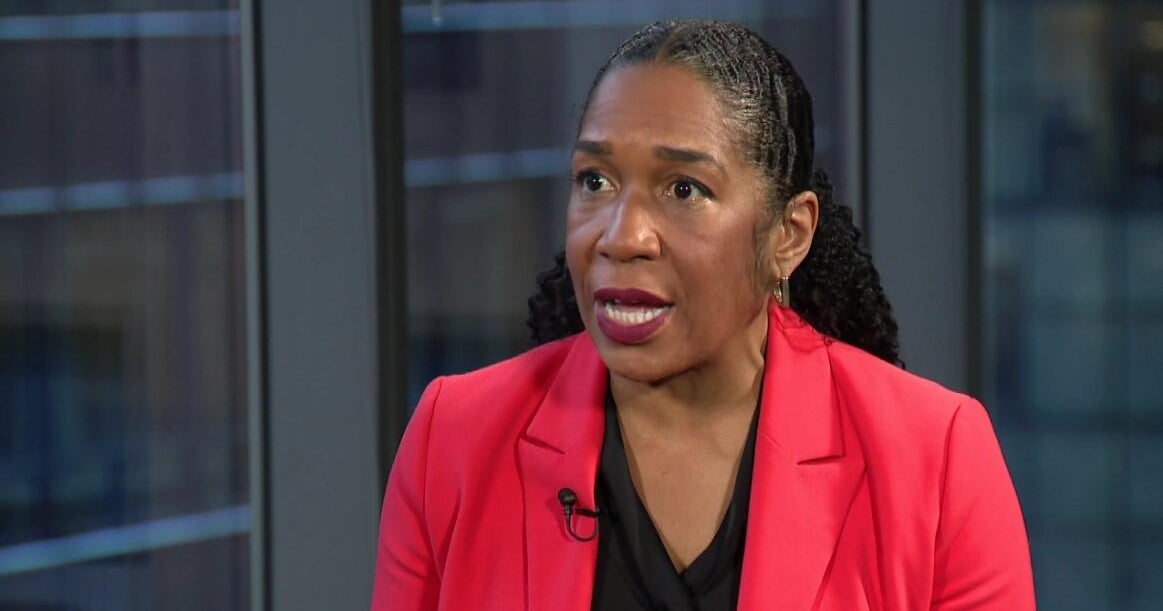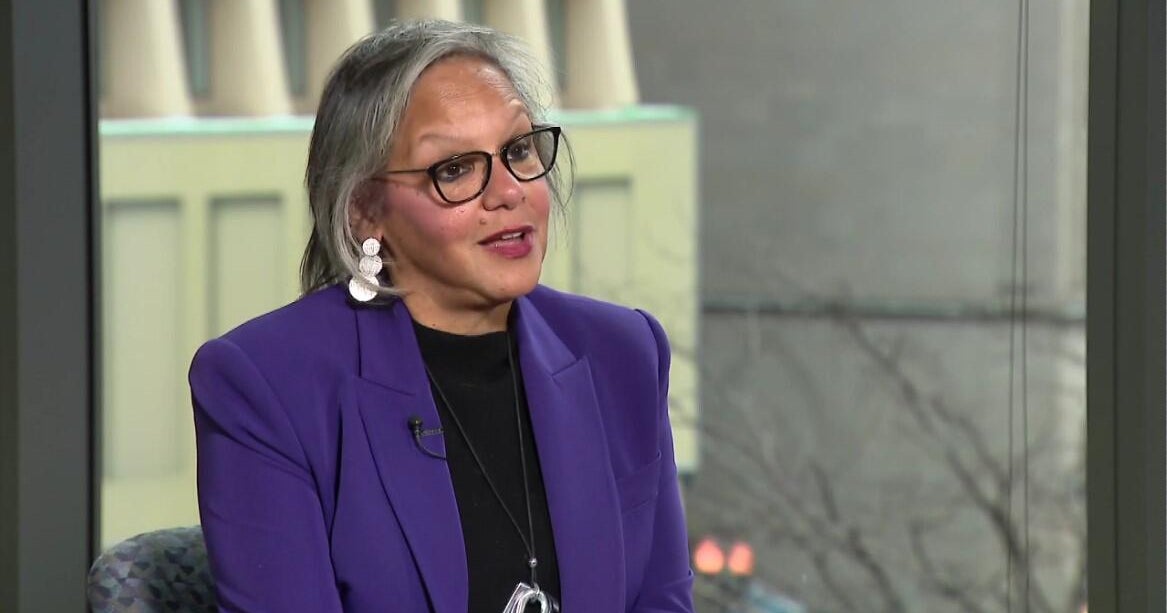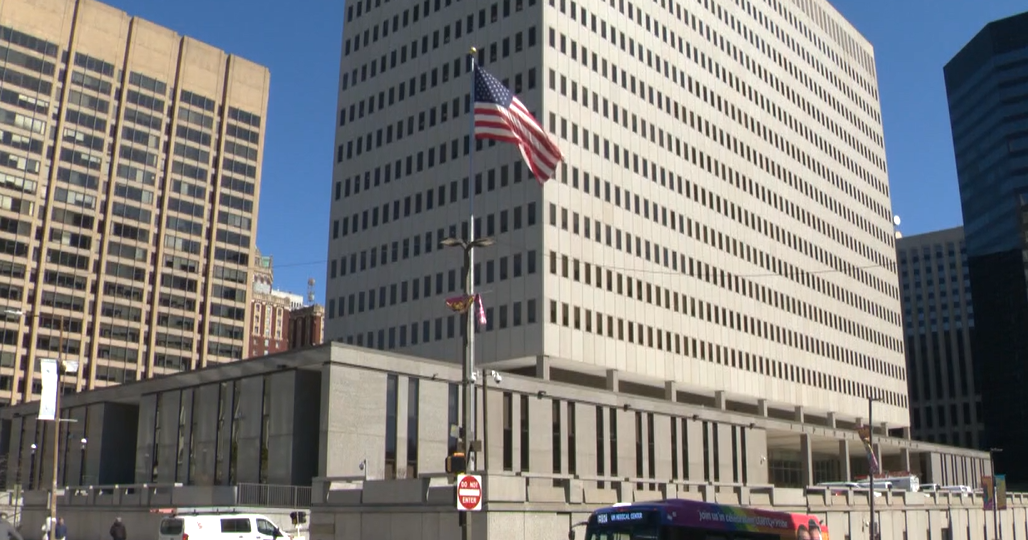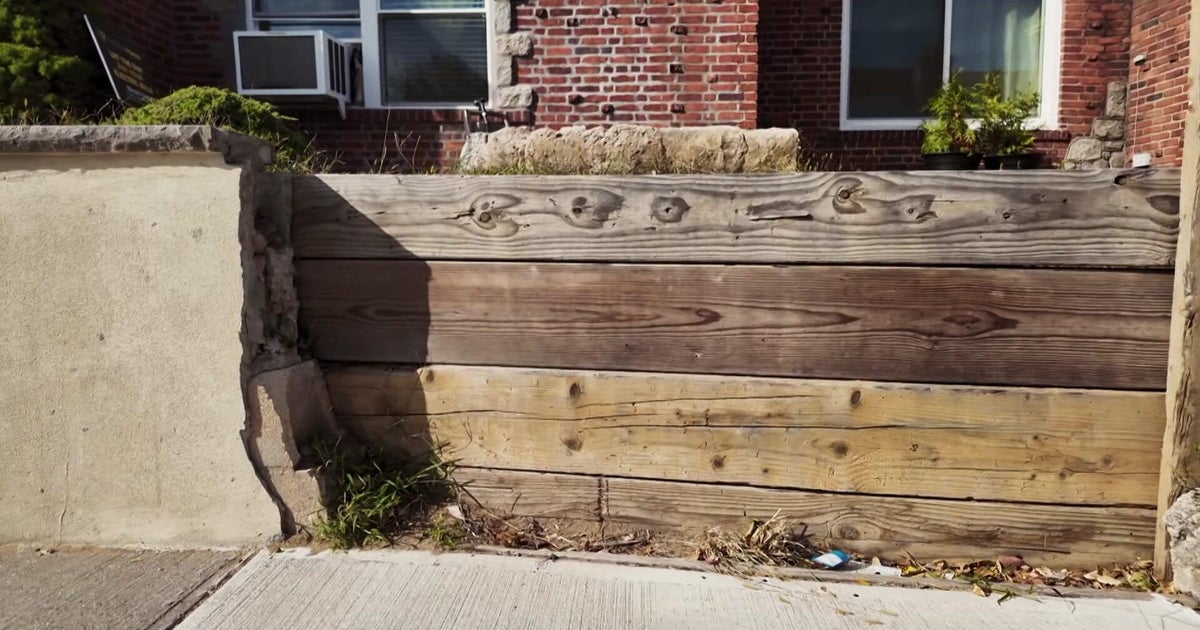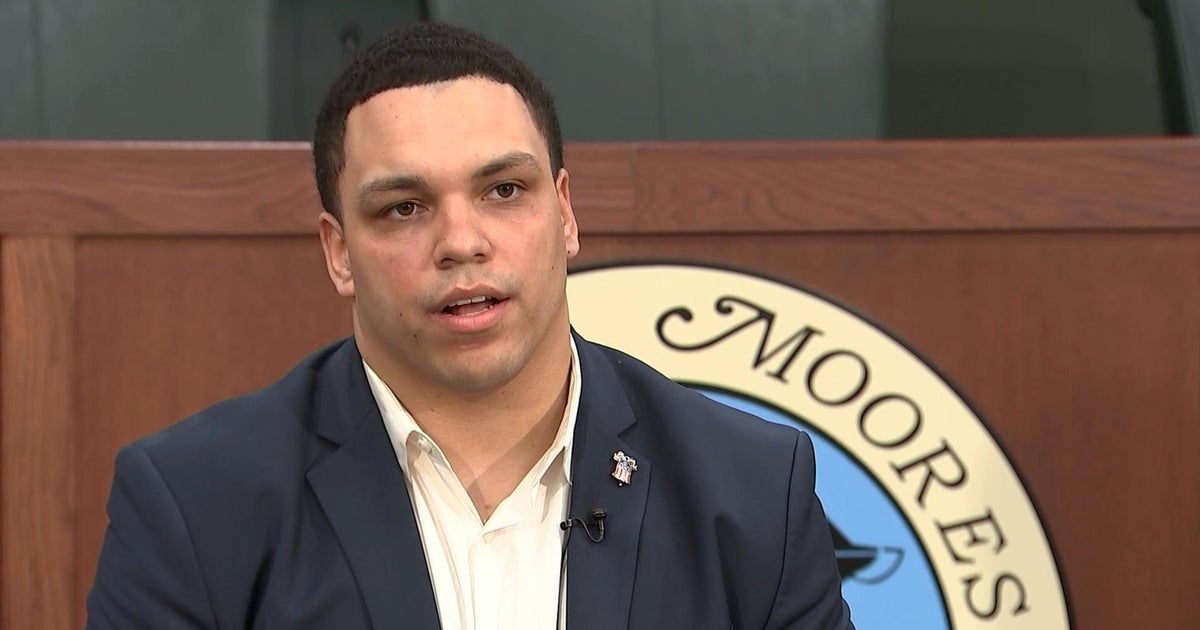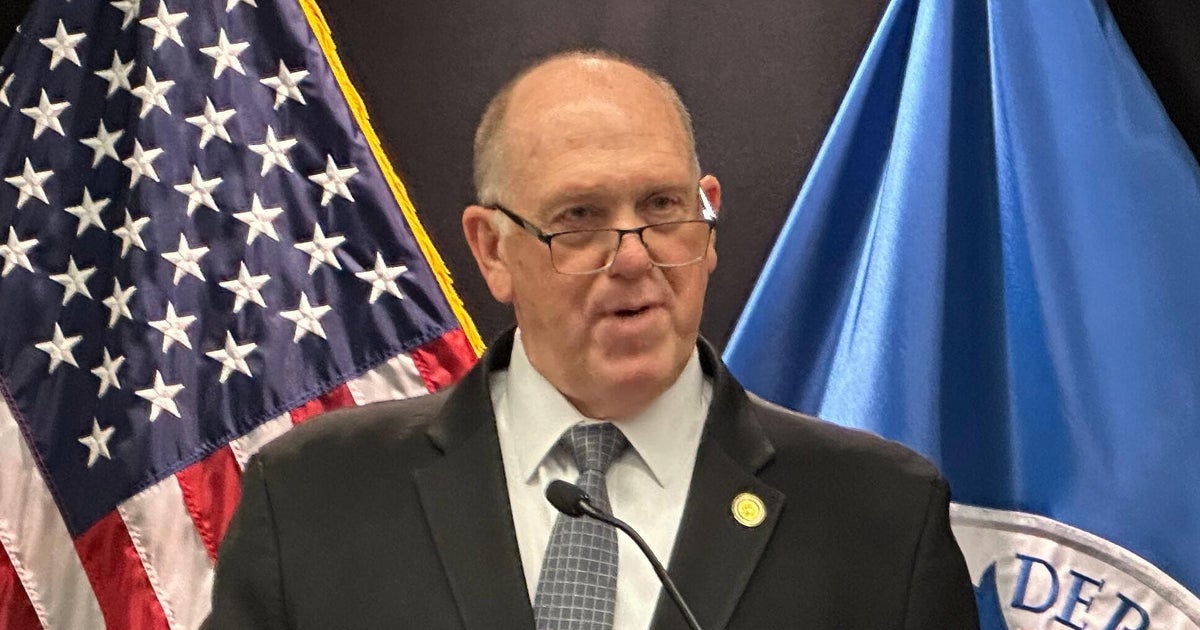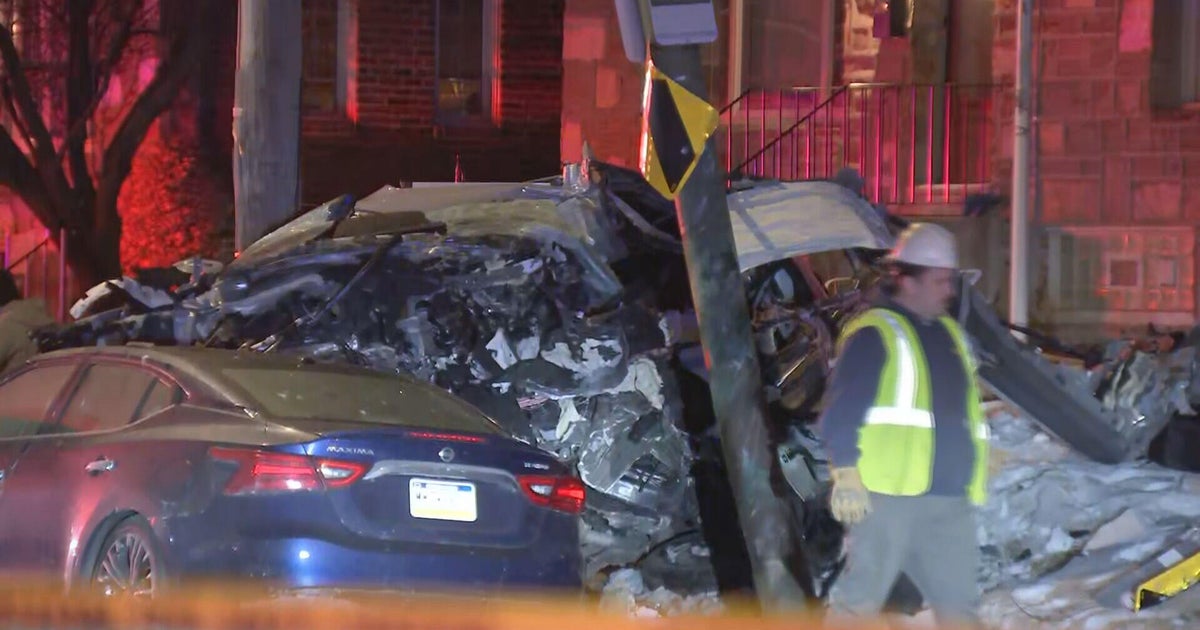Mayoral Debate Focuses On Issues, Not Emanuel
CHICAGO (CBS) -- The four leading mayoral candidates focused on the city's financial crisis and other pressing issues, rather than Rahm Emanuel's residency controversy, in a mayoral debate Thursday evening.
The debate was held at the studios of WGN-TV, Channel 9, 2501 W. Bradley Pl., and was sponsored by WGN, the Chicago Tribune and the City Colleges of Chicago.
LISTEN: Newsradio 780 Political Editor Craig Dellimore reports
Podcast
Emanuel participated, along with former U.S. Sen. Carol Moseley Braun, City Clerk Miguel del Valle and former Chicago school president Gery Chico. Chicago Tribune editorial page editor Bruce Dold and WGN anchor Micah Materre moderated.
The candidates were asked early on about the Illinois Supreme Court decision that restored Emanuel's name to the ballot permanently, but the candidates were quick to change the subject.
When Chico was discussing the Emanuel residency controversy, he said, "We have financial problems, but I'm not going to do what Rahm Emanuel has done, and that is propose the single largest sales tax that we have ever seen."
Even Emanuel himself directed discussion away from his residency controversy.
"I do think that what's facing the city is a real debate, not about my residency, but about what the residents of the city of Chicago care about, which is the challenges on our schools and making sure that they are strong, our streets our safe, and our economic finances are ones in which we can attract the businesses, rather than seeing companies like Smurfit-Stone leave," Emanuel said.
The debate went on to focus on the city's financial crisis, and how the candidates would cut costs or raise revenues.
Del Valle said waste and bloat in the city budget must go.
"We have to begin by looking at the entire budget," Del Valle said. "We know that there's waste, fraud, inefficiencies in the city budget, both on the corporate side as well as on the operational side."
He suggested slashing unnecessary positions, changing the methods for garbage collection, and reforming the use of Tax Increment Financing districts – which are widely seen as tax-supported slush funds for City Hall.
Braun said while she would "take issue with calling it a crisis," changes to the city budget are mandated.
"We have to grow the economy – balanced growth in the economy that takes into account not just downtown, but job issues in the neighborhoods," Braun said. "We have to use the efficiencies, for example, in just the way city government operates. If we consolidate and modernize some of the back-office functions, it's estimated we can save almost $80 million just doing that." She also said the city must handle what is often called the "corruption tax" that hampers small businesses.
Chico pointed out that he was the only candidate who has had to put a budget together before, "and each and every one had a surplus.
"There's no doubt you have to overhaul the city government operation. Start with a plan first, and have the budget meet the plan," Chico said.
He said the city suffers from excessive management positions, duplicative functions, and obsolescent offices.
"This is not a personal thing against Miguel, but the city clerk's office, in my view, is a relic," Chico said.
"I believe you've got to go through the budget and ask some fundamental questions. Should we be doing what we're doing, and if the answer's yes, is that the most efficient way to do it? I propose today – we spend $500 million in health care in the city, 4 percent of the workforce drives two thirds of the cost. A comprehensive wellness plan like the private sector (would save) $50 million," Emanuel said.
He also said changing the methods for garbage collection, contract procurement, and car fleet management would also save hundreds of millions in aggregate. Emanuel added that non-profits should be paying city water bills, whereas now they do not.
The candidates also addressed the need for dealing with crime and bringing police officers to the streets, creating jobs, and handling the city's education needs.
Disagreement arose over the question of whether to eliminate the requirement that city employees live within the Chicago city limits, a move that Chico has said he would consider.
"We need teachers, we need firemen, we need police officers, we need city employees. And we need them to keep their tax dollars here, because it's our tax dollars that are paying their salary," Del Valle said.
"Look, I think after 40 years, we might even entertain the topic of residency in the city, and I think the city's strong enough to do that, so I'm not worried about losing the middle class," Chico responded.
They disagreed on the issue of big-box retailers entering the city.
Braun took issue with the city's acceptance of big-box retailers such as Wal-Mart, saying job creation should start with entrepreneurs, and big-box retailers should provide living wages.
"If the giants want to come in, they should come in, but they should come in providing a living wage," Braun said. "I feel strongly that you can't have people working for less than minimum wage and expect to have a healthy city."
But Emanuel said the focus should be on improving communities in need of jobs and fresh food.
"Within the first two months if I was elected mayor, I would call not only the big-box stores, but all the grocery stores, into the office, because there are parts of the city that we have a food desert in. It's key for economic development, where there are good, stable jobs," Emanuel said.
Later in the debate, the candidates were permitted to ask questions of each other. Chico pressed Emanuel repeatedly on a 9 percent service tax proposal.
"I just can't see handling another 9 percent on common services – barbershops, child care, pet clipping – I don't know how you can do that," Chico said.
Emanuel snapped back: "When I proposed this at WTTW, you were for it. I don't mean to say this, but it sounds like you were for it before you were against it." He went on to say sales taxes and other revenue streams would be cut.
Candidates Patricia Van Pelt Watkins and William "Dock" Walls were not invited to participate in the debate.
